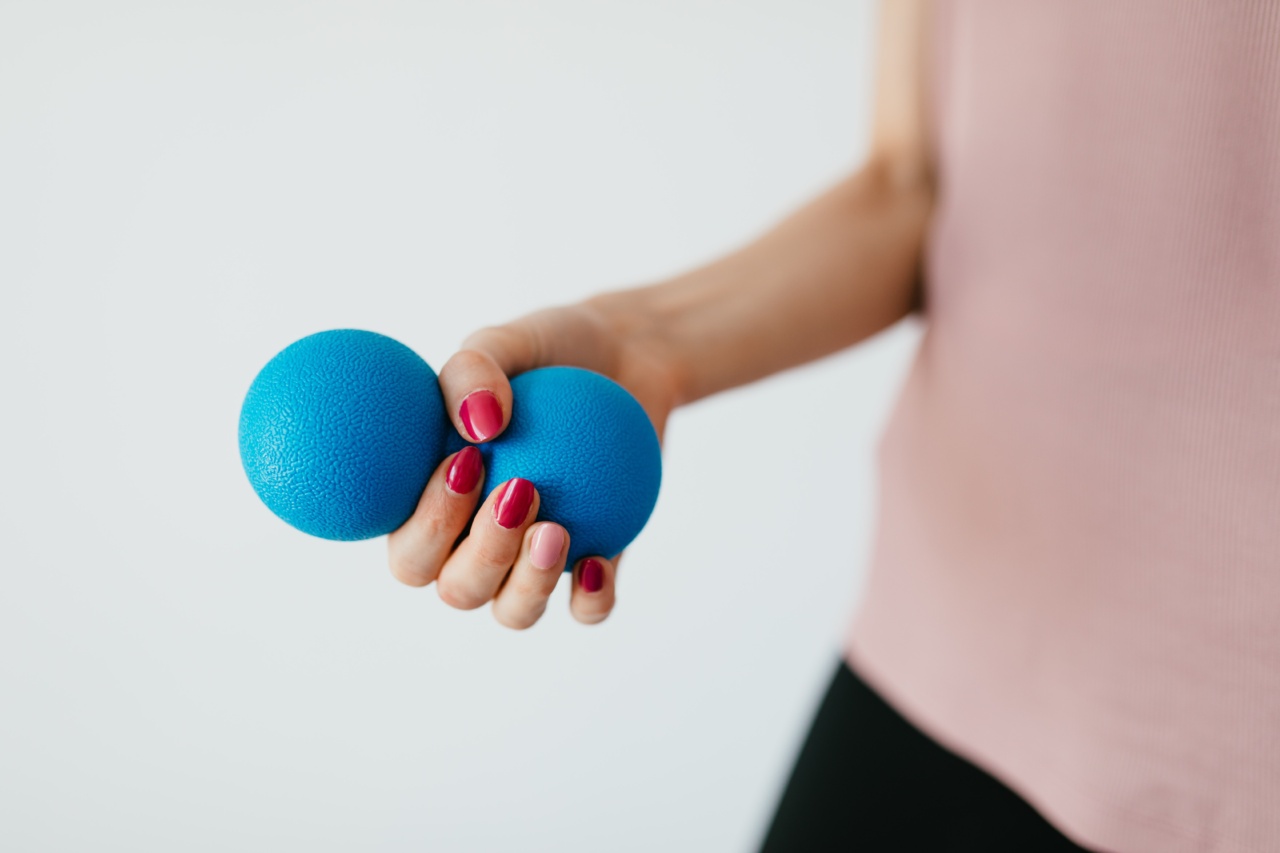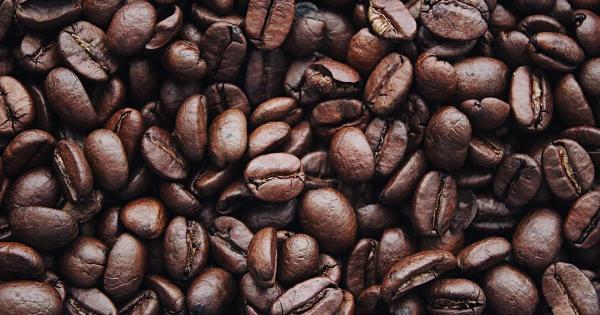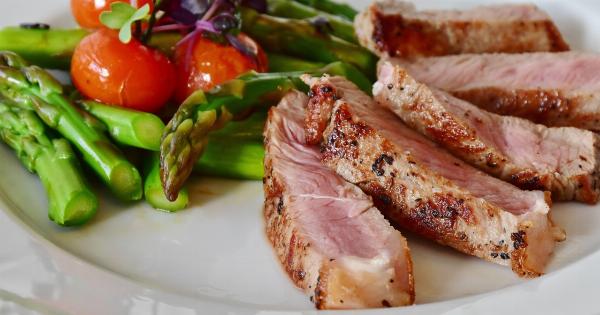Nutrition and Mental Health
What we eat can have a profound impact on our mental and emotional well-being. Studies have shown that people who eat a diet rich in whole, natural foods are less likely to experience depression and anxiety compared to those who consume a diet high in processed foods and refined sugars. Whole foods provide our bodies with the nutrients they need to function optimally, including our brains.The Role of Serotonin
One important nutrient for mental health is serotonin, a neurotransmitter that helps regulate mood, anxiety, and happiness. The majority of serotonin is produced in the gut, which means that what we eat can significantly impact our serotonin levels. Foods that are high in tryptophan, an amino acid that’s a precursor to serotonin, can help boost our mood and reduce anxiety. Some foods that are high in tryptophan include:– Turkey.
– Eggs.
– Cheese.
– Nuts and seeds.
– Tofu and soy products.
In addition to tryptophan, magnesium is also important for promoting relaxation and reducing anxiety. Magnesium helps to regulate stress hormones and can improve sleep quality. Foods that are high in magnesium include:– Dark leafy greens.
– Nuts and seeds.
– Whole grains.
– Avocado.
– Legumes.
The Importance of Sleep
Sleep is also critical for managing stress and anxiety. Poor sleep can exacerbate feelings of tension and make it harder to regulate emotions. Certain foods can promote better sleep quality and help us feel more rested. One such food is tart cherry juice, which contains melatonin, a hormone that regulates sleep. Drinking tart cherry juice before bed can help improve sleep quality and duration. Other foods that can promote better sleep include:– Warm milk.
– Bananas.
– Whole grains.
– Chamomile tea.
– Salmon.
The Gut-Brain Connection
The gut-brain connection refers to the relationship between the brain and the digestive system. The two are intimately connected, and what happens in one can significantly impact the other. Studies have shown that people who suffer from gut issues like irritable bowel syndrome (IBS) are more likely to experience anxiety and depression. Conversely, taking care of our gut health can improve our mental well-being. Foods that support gut health include:– Fermented foods like kefir, kimchi, and sauerkraut.
– Prebiotic foods like garlic, onions, and asparagus.
– Fiber-rich foods like whole grains, fruits, and vegetables.
– Bone broth.
– Probiotic supplements.
Healthy Fats and Brain Health
Healthy fats are essential for brain health and can help reduce inflammation, which is a contributing factor in many chronic diseases including depression and anxiety. Some examples of healthy fats include:– Avocado.
– Nuts and seeds.
– Olive oil.
– Fatty fish like salmon and sardines.
– Coconut oil.





























